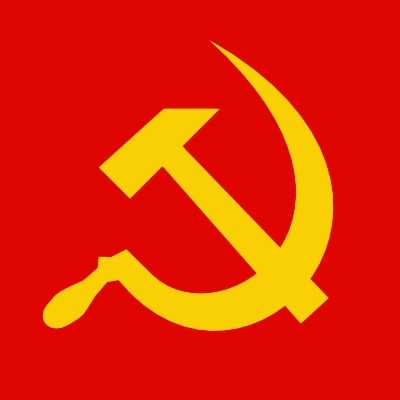
Two English explorers, Richard Burton and John Speke, was sent by the Royal Geographic Society. These two explorers faced many hardship when exploring Africa. They were once raided by an african tribe, which killed many of there servants. Secondly, they were running out of food supplies so they had to go to a dangerous hunt of deer. Thirdly, one of the explorer forgot to put up his bug net, which cause the buys to crawl to him and got him sick. Fourthly, some of the slaves were trying to escape at the middle of the night who was stealing some silverware, guns and food supplies. Lastly They also faced mosquito borne diseases like.
The European had some advantages over the African tribes. The had good shelter, which keep them healthy and warm. The had advance weapons than the African tribes such as swords and guns.





